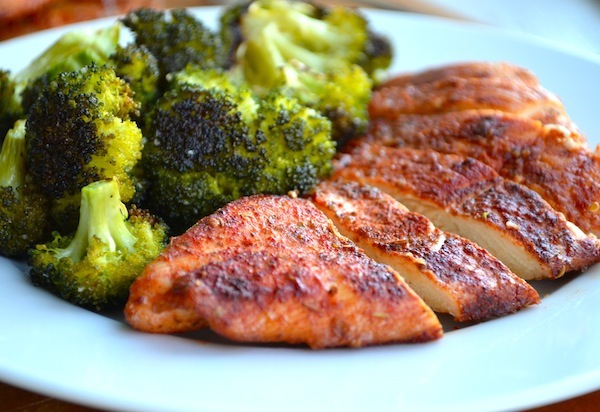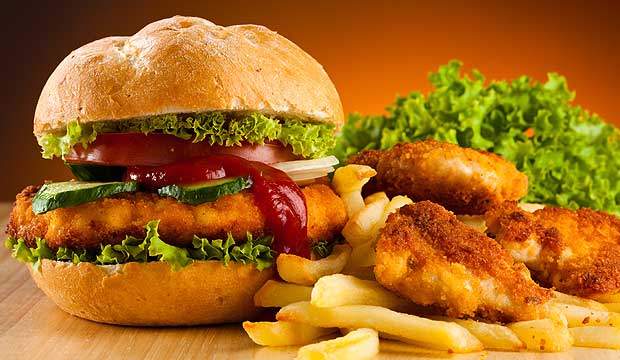Over the past few years, we’ve noticed that more and more diet plans incorporate semi-regular cheat meals into their programs. These are meals or entire days when you’re allowed to eat anything you want because you have permission to “cheat” on your diet.
While many nutritionists and doctors recommend cheat meals for people who’ve had trouble sticking with diets in the past, others wonder if they will actually derail dieters and get them off-track for good? Some liken cheat meals to relationships, saying that you can’t expect to have a successful marriage if you cheat on your partner once a week, so how can you expect the same for your diet? There’s a lot of back-and-forth in the diet and nutrition world about cheat meals, so let’s explore some of the pros and cons to help you decide if you should let yourself “cheat” on your diet or not.
Pro – Give Yourself a Break
First of all, most cheat meal proponents say that having a cheat meal or cheat day helps dieters relax once in a while and enjoy life without such restrictive boundaries. It can be a lot easier to eat baked chicken, broccoli, and brown rice throughout the week if you know that you can chow down on some chocolate on Saturday.
According to Dr. Yoni Freedhoff of the University of Ottawa, cheat meals and cheat days can make dieting more sustainable for some people. “If there are folks out there for whom cheat meals and days allow them to live lives that they feel are both sustainable and enjoyable, and those same folks are happy with their health and weight,” says Freedhoff, “I certainly wouldn’t tell them to stop.”

At the same time, the key to maintaining your ideal weight is to maintain a healthy diet and lifestyle. If you depend on your cheat days or cheat meals to get you through the week on your normal diet, you may be flirting with disaster. Basically, the longer you go, feeling like you’re just “getting through” your healthy diet to get to your cheat meal, the more likely you are to slip up and indulge more and more.
Pro – Hormonal and Metabolic Benefits
Whether or not cheat meals are sustainable psychologically, though, there’s evidence that they can be good for your metabolism and your body’s hormonal balance. Basically, leptin is a hormone that’s secreted by fat cells, and when enough leptin has been secreted, that signals your brain when you’ve taken in enough calories for energy storage. This is what makes you feel full.

Likewise, restrictive dieting has been associated with a decrease in thyroid hormone production. Your thyroid hormones (T3 and T4) govern your metabolism, and an underactive thyroid gland can lead to a slower metabolic rate, weight gain, and more difficulty with weight loss. Giving yourself a meal or a day of overfeeding periodically can actually help you lose weight faster.


